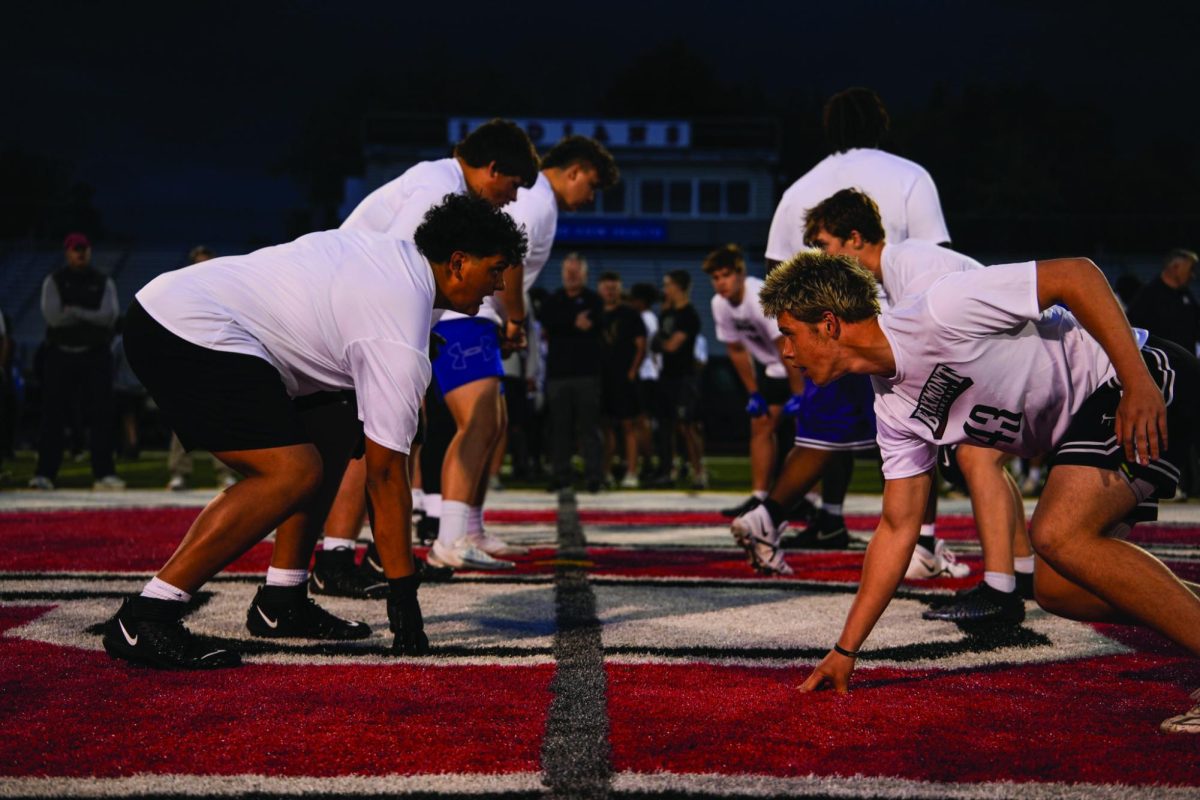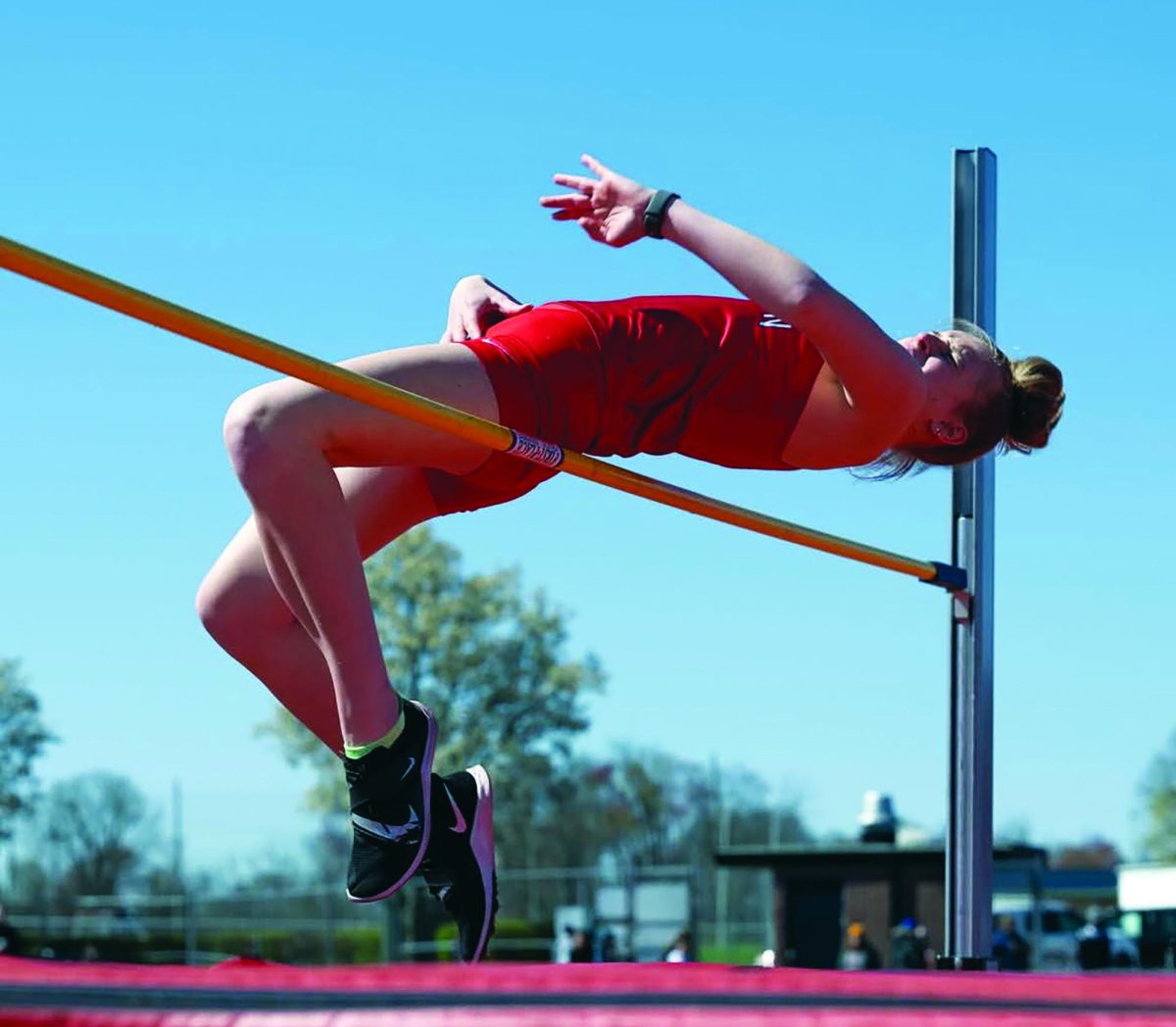Through club and recreational sports participation, some students and coaches face challenges and difficulties with varying problems, ranging from communication to issues with parents.
For junior Hugh Wells, noticing the plays was the hardest thing when playing football for Indian Crest Middle School.
“I’d say recognizing plays is the hardest thing,” Wells said.
Freshman Trevor Dunlevy identified finding a well-communicating team as a key difficulty in both club and recreational sports.
Coach Elijah White explained the main difference between the two types of sports.
“Rec sports are when the kids usually start to play. Club sports are when people are more specialized, more advanced,” White said.
Soccer and volleyball player Chelsea Breon, talks about the pressures of club sports.
“When you’re on a club, there’s a lot more pressure because your coach is yelling at you the whole time, and there are fewer people to yell at,” Breon said.
White offered a different perspective on the challenges of coaching, focusing on the attitudes of both parents and players
“Everybody thinks their son or daughter is the best player in the entire world, and that’s not always true,” White said.
White also highlighted issues of discipline.
“Children can come in that aren’t disciplined enough,” White said. “They’ll be talking when other people are talking and goofing around when instructions are being given, and that’s not helpful.”
During the track, Wells said that one of the biggest difficulties is maintaining “speed” during practices and meets.
Breon said that club sports can present difficulties due to interpersonal dynamics.
“If you are put with a person you do not particularly like, you are stuck with them for as long as the team lasts,” Breon said.
In addition to the physical challenges, there is a mental component to consider.
Breon talked about her strength in organizing her teammates,
“I’m pretty good at bossing people around in soccer, telling them what to do and where to go,” Breon said.
Dunlevy said that recreational sports tend to be easier since “they’re not as competitive,” and the atmosphere tends to be more relaxed.
Breon believes that some athletes prefer recreational sports because they feel the teams are more balanced.
“I prefer Rec because the teams are much more even because they can split you up based on skill,” Breon said.
Despite the challenges he faces, White finds enjoyment in coaching and recognizes the benefits that come with it.
“Each sport comes with its challenges and its own rewards,” White said.
White expressed the importance of setting a good example for the next generation of athletes.
“They’re going to replace us one day, and we want to replace ourselves with better people than we are,” White said.
Off field communication decides rec, club teams’ success
By participating in both recreational and club sports, players and coaches face a multitude of challenges.
0
More to Discover
About the Contributor

Anna Haynes, Staff Writer



